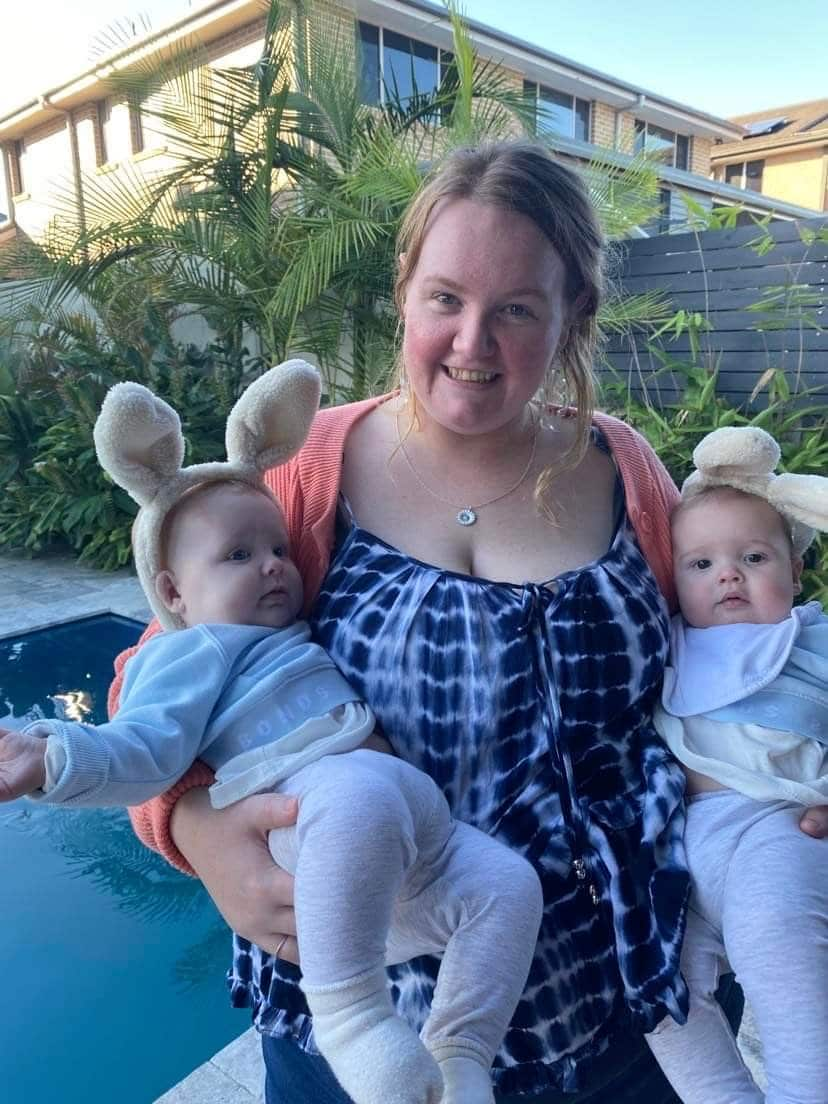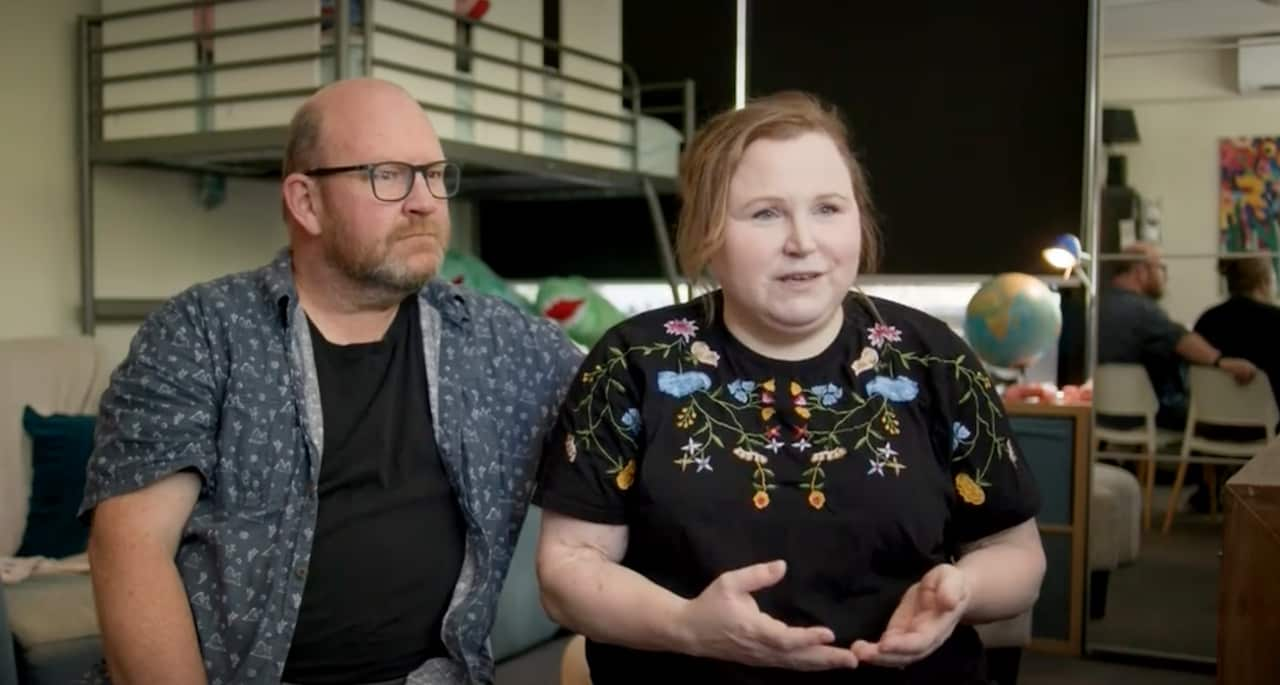Share this @internewscast.com
Laura expressed, “We wish we could attend therapy sessions for our mental health, see the GP regularly, and visit the dentist, but we’ve had to limit these to prioritize our children’s health instead.”

Laura Wilson shares that the experience of raising twins has taken both a financial and emotional toll on her family.
Now a stay-at-home mom, Laura, who previously worked in marketing, admits that the aspect she yearns for the most is social interaction, which has become less frequent as the family tightens its budget.

As the volunteer director of the Australian Multiple Birth Association, she notes that the organization is also facing hardships. A dwindling number of volunteers is significantly impacting the mental health of those involved.
With the family forced to cut back, the former marketing professional turned stay-at-home mum said that socialising is what she misses most.
The volunteer director of the Australian Multiple Birth Association says that while she’s finding it tough, her organisation is also suffering, with shrinking volunteer numbers taking a serious toll on people’s wellbeing.
“I think we’ll be seeing inequities grow, which is sad and a failure of our policies.”
Australians delaying mental health support
The 35-year-old charges clients less for a standard consult than the Australian Psychological Society’s suggested fee — a practice she says is common among her peers to stay affordable, but is challenging as living and business costs continue to bite.

Psychologist Ornella Moutou says she’s seen Australians deprioritising psychology sessions to pay for other expenses, and she worries about the impact of that on their mental health. Source: SBS
Ornella’s absorbed her administration costs, is looking for part time work to supplement her current workdays and is considering working longer hours and weekends.
“Last year I made the decision to freeze my eggs to ensure that I could have a family. It’s quite an expensive process, not just financially, but emotionally as well,” she told Insight.
“Mental health should not be considered a luxury item; it’s your health at the end of the day,” Ornella said.
A mental health crisis
Potential consequences of ignoring our mental health include unstable moods, impaired self-esteem, increased risk of physical illness, reduced energy and motivation, issues with sleep and appetite, and issues with concentration and focus.
“People having to work so much just to afford the basics means they don’t have time to lean into the community.”
Embarrassment and shame
“I feel behind. I feel like we’ve gone backwards.”

With Bob (left) out of work, Catherine (right) says the family are “just surviving day to day” and unable to make plans for the future. Source: SBS
The family lived in a four-bedroom property but when the price went up, they moved into a two-bedroom apartment.
“Even though we try to shield her from that kind of stuff, we can’t.”
“I’m actually glad that my parents aren’t around anymore, that they can see how hard things are for us.”










